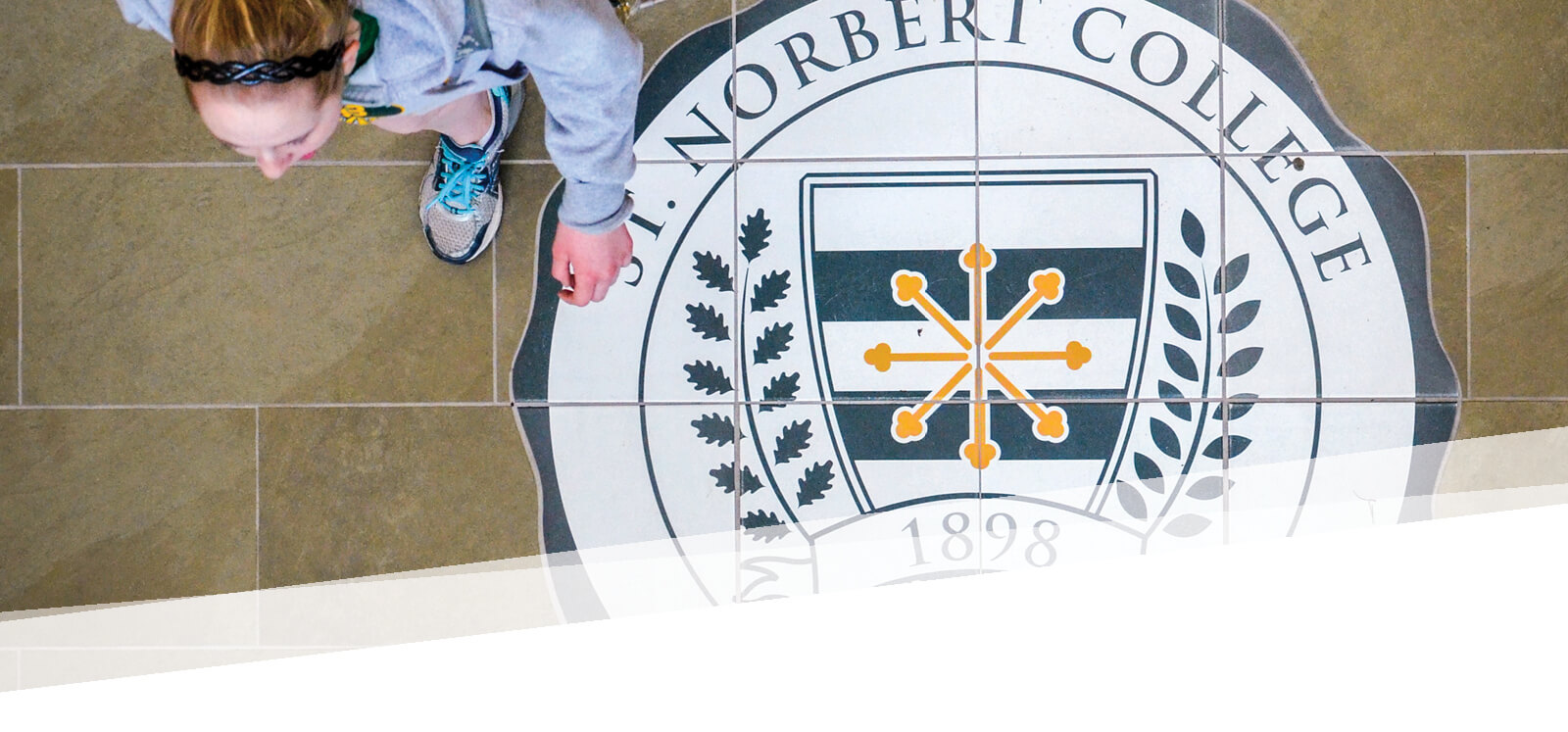

In order to receive and maintain financial assistance – scholarships, grants, waivers, exchanges, loans and employment – you’re required to progress toward completion of your course of study. Your Satisfactory Academic Progress (SAP) is monitored annually at the end of the spring term, after spring grades are posted. Aid applications received after this timeframe are still subject to evaluation as part of award processing.
Satisfactory Academic Progress is measured in three ways:
You’re expected to maintain a minimum cumulative grade point average. Undergraduate students must maintain a 2.0 and Graduate students must maintain a 3.0 at the end of each spring term. If you have less than the noted cumulative grade point average, you’ll be placed on financial aid suspension.
PACE is measured annually at the end of the spring term and is required to ensure you’re completing your program of study within the maximum time frame. PACE is calculated by dividing cumulative credits successfully completed by cumulative credits attempted. You must have an overall completion rate of 67 percent. If you have less than a 67 percent completion rate, you’ll be placed on financial aid suspension. The office of financial aid uses standard rounding procedures where a 66.5 percent would be rounded to 67 percent.
The following factors are considered when evaluating your quantitative and qualitative standards:
You won’t be eligible to receive financial aid if you attempt more than 150 percent of normal credits required for a degree. A student would also be ineligible for financial aid via maximum timeframe’if it becomes mathematically impossible for the student to complete the program within 150 percent.
At SNC, this means that an undergraduate student in a degree program requiring 128 credits for graduation will be eligible for financial aid for the first 192 credits attempted. A graduate student in a degree program requiring 32 credits for graduation will be eligible for financial aid for the first 48 credits attempted. All attempted credits are counted, including transfer courses. Graduate programs requiring 39 credits for graduation will be eligible for financial aid for the first 59 credits attempted.
If you fail to meet the minimum Satisfactory Academic Progress requirements, you’ll be placed on financial aid suspension. While you’re on financial aid suspension, you’re NOT eligible to receive federal, state, or institutional financial aid, but you may still attend St. Norbert College, unless you’ve been dismissed.
Notification will be provided by sending an email to your SNC email address. This notification will include instructions for appealing the loss of financial aid, as well as an Appeal Form.
In order for financial aid to be reinstated after financial aid suspension, you must meet the academic standard required without the use of financial aid or submit a written appeal.
You may appeal the loss of financial aid in writing if extraordinary circumstances interfered with your ability to meet Satisfactory Academic Progress standards. These include, but are not limited to:
The appeal should explain why you failed to meet standards and what has changed that will allow you to make them in the future. Supporting documentation, such as statements from academic advisers, professors, professional health care workers, etc., may also be requested. The appeal will be reviewed by the office of financial aid. If the appeal is accepted, you’ll be placed on financial aid probation for one term or put on an academic plan.
Please note appeals will be accepted until 7 days prior to the semester deadline to withdraw from classes and earn a "W" grade. Appeals will not be accepted after that date. We recommend submitting an appeal before the first day of classes. Approval of appeals is not guaranteed.
If you successfully appeal financial aid suspension, you’ll be placed on financial aid probation for one term. During this one term of financial aid probation, you’ll be eligible to receive financial aid. However, during this probationary period, you must regain Satisfactory Academic Progress standards. Failure to meet Satisfactory Academic Progress will result in financial aid suspension.
Students with a successful appeal may be placed on an academic plan if it’s not possible to regain Satisfactory Academic Progress in one term. An academic plan may vary in length, but will be evaluated each term to ensure you’re meeting the requirements of the established plan. If you fail to meet the requirements of the plan, you’ll be placed on financial aid suspension.

Campus location
Todd Wehr Hall 136
310 Third St.
De Pere, WI 54115
Hours of operation
Monday-Friday
8 a.m.-4:30 p.m.
Mailing address
Financial Aid Office
St. Norbert College
Todd Wehr Hall, 136
310 Third St.
De Pere, WI 54115